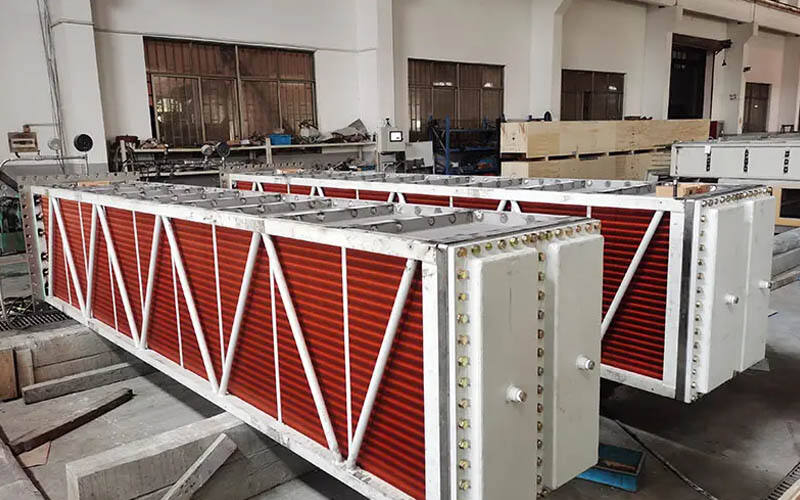An in-depth look at plate-fin heat exchangers
Plate-fin heat exchangers are widely used in industries where it is critical to reduce the temperature of fluids without mixing them. They are used in the aviation, aerospace and power generation industries as well as across chemical processing applications including refrigeration. Ta da - this is the ultimate meat and potatoes guide for everything you need to know about plate-fin heat exchangers [not so much fins in these examples] from who makes them, are they worth it anymore, how safe to use or what limits on operation may help avoid disaster (explosion of bad quote here), when should we be afraid?, how can I actually put this thing together properly? not forgetting maintenance schedules & quality checks. oh yes real life results too!
Benefits Plate Fin Heat Exchangers
Air Cooled Heat Exchanger(ACHE) has some significant advantages compared to other types heat exchangers, especially in Plate and Fin type. While compact size, high performance potential and adaptability to different fluids and conditions allow the new heat exchange units be unique at their temperatures...
Advanced in Plate-Fin Heat Exchangers
Although plate-fin exchangers have been around for almost 100 years, the evolution of both design and technology are creating new features. These are the microchannel in high area for low volume, extra manufacturing flexibility due to highly compact size of heat exchangers and bundling two different types or sizes possessing benefits from both.
The Right Use of Plate-Fin Heat Exchangers and Safety Protocols
To make sure that a plate-fin heat exchanger functions properly and safely, it must be operated according to concrete rules. This includes carefully following manufacturer instructions, keeping a close eye on the properties of your fluid breed continually performing maintenance checks and cleaning operations as well as taking preventative measures against leaks or contamination to preserve operating performance.
Plate-fin Heat Exchanger Use Guidelines
Although using plate-fin heat exchangers is pretty simple, it requires a basic acknowledgment of the process. The procedure involves computing heat transfer needs, picking out the right kind of heat exchanger and effective installation, in addition to recurrent monitoring regarding systems parameters that guarantee smooth operations.
Plate-Fin Heat Exchangers Service Standards Quality Assurance
The efficiency and useful life of plate-fin heat exchangers are associated with the service level and general standards. In the choice of suppliers should be based on their actual experience, certification and capabilities as well as considering that levels of support in order to ensure products perform optimally.
Applications of Plate-Fin Heat Exchangers
Plate-fin Heat Exchangers are widely used in many industries to improve heat transfer efficiency. These devices have applications in everything from the cooling of aircraft engines and cryogenic liquefaction processes to chemical processing, HVAC systems, and power generation.
In short, plate-fin heat exchangers are necessary for the transfusion of fluids without mixing them together and come with many advantages as well as updates. And, using safety protocols and choosing a board buying option wisely can make these boards perfect to its core across different domains of industrial applications.


